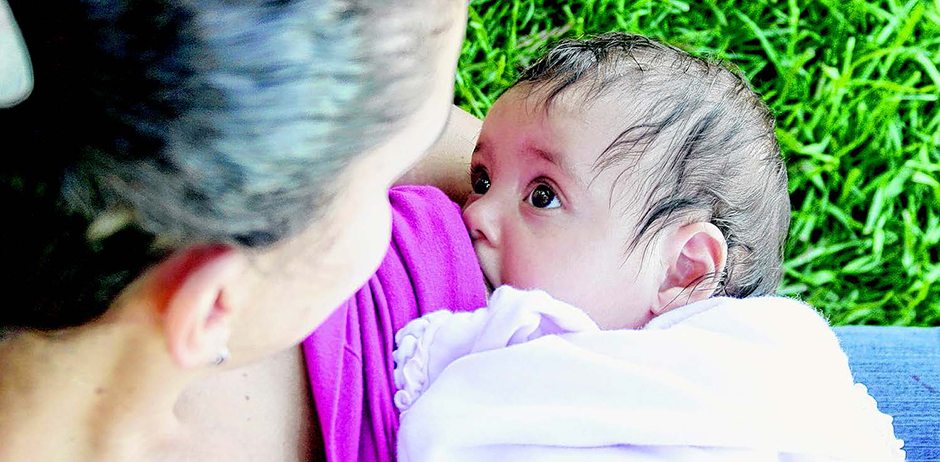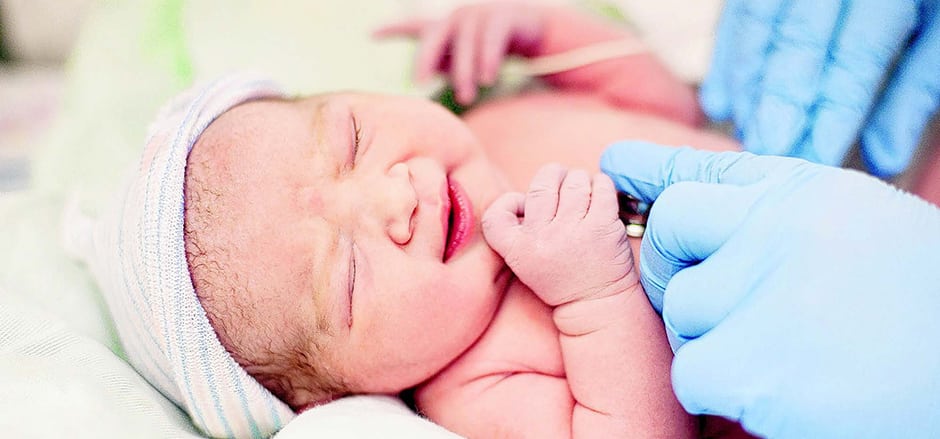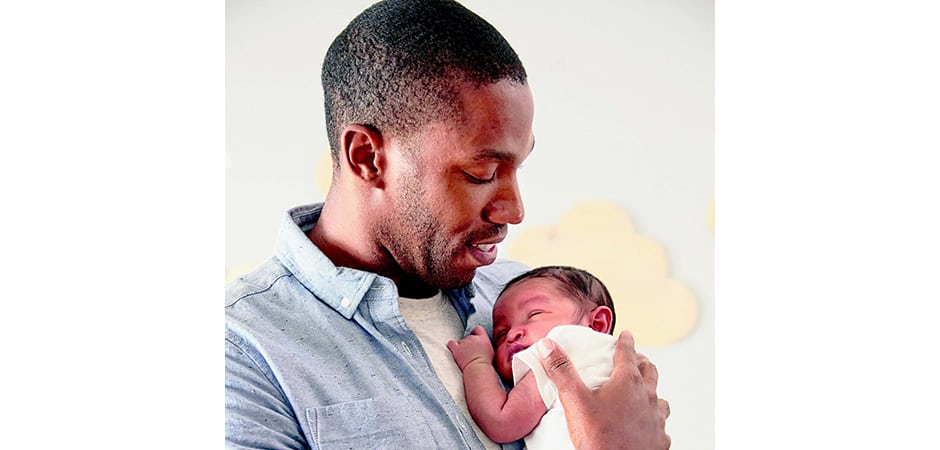
[This piece was written by Sandra Michael, RN, from St. Peter’s Hospital’s Women’s & Children’s Services.]
It’s an old refrain, but a true one: parenting doesn’t come with an instruction manual! That’s not to say parents are lacking in sources of advice, though, as they inevitably receive plenty of suggestions from their pediatrician, well-meaning friends and family, and even perfect strangers at the grocery store.
One of the milestones for which a lot of parents wish they had advice at the ready is when their child begins to experience puberty. The natural life changes that affect growing boys and girls can be confusing and frightening for children if they do not know what to expect. Likewise, parents and guardians may feel nervous or embarrassed talking about these sensitive subjects.
Talking to children about puberty and sexuality can help them to feel more comfortable about the normal changes their bodies are going through. Open, honest conversations also help to foster a positive self-image, and can encourage children to make healthy choices in their relationships.
For parents unsure how to get the conversation started, a parenting course can open the line of communication between parent and child in a neutral, supportive environment. It can help to strengthen the parent/child relationship, providing parents or guardians with an opportunity to share with their children the morals and values they believe will help guide them through life.
A workshop focused on daughters can help enhance communication between mothers, fathers or guardians and their special nine to 12-year-old. Topics covered should include the physical and emotional changes of puberty, such as menstruation, feminine protection products, personal hygiene, and premenstrual syndrome (PMS).
For the son in your life, look for a course appropriate for boys between the ages of 10 and 13 years old. Topics covered should include the physical and emotional changes of puberty, such as changes to the voice, body development, body hair, personal hygiene, and hormones.
Topics such as fostering self-esteem in children, and how self-esteem influences decision making, should also be covered. Learning how to start conversations on these issues and how to nurture a supportive atmosphere to keep those lines of communication open are skills all parents should have in their arsenal.
St. Peter’s Women’s & Children’s Services offers a variety of classes on these topics, as well as courses on breastfeeding, childbirth, and infant care, at the St. Peter’s Hospital campus, 315 South Manning Blvd. in Albany. For information, please call (518) 525-1388.





